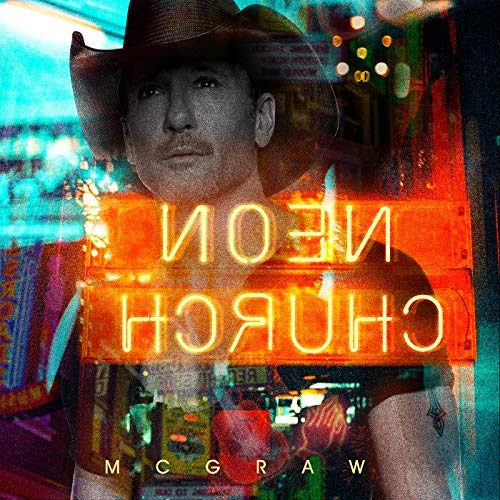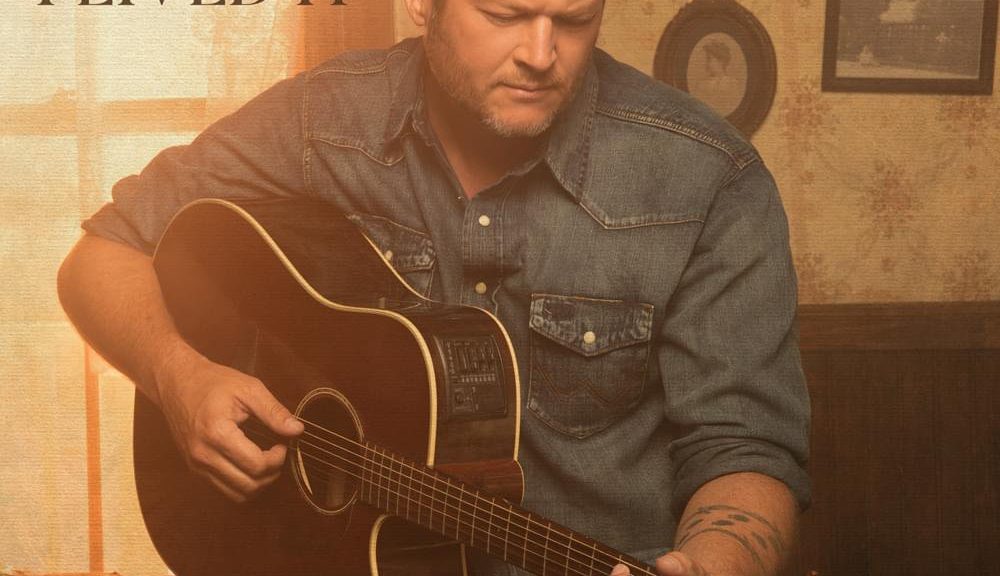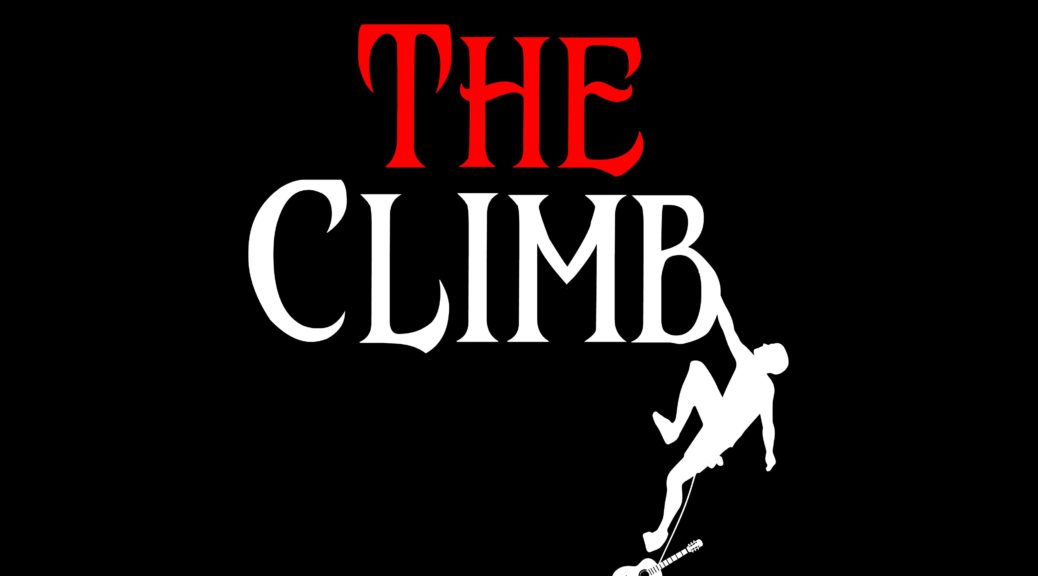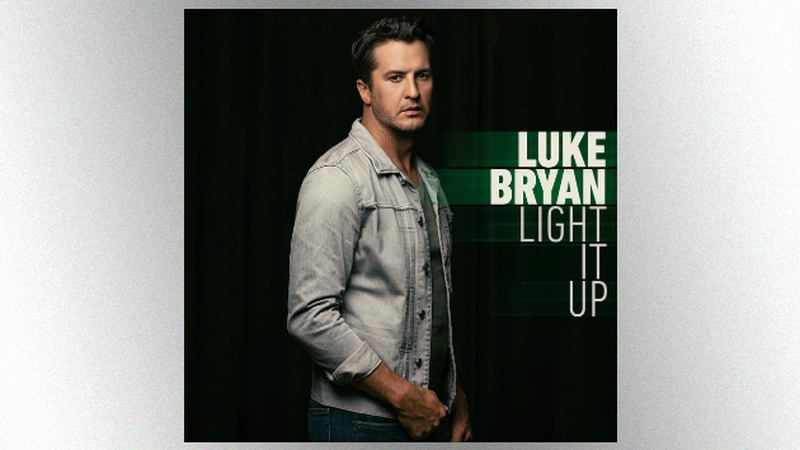Tim McGraws’s current single, “Neon Church,” is lighting up the country singles chart. Today, let’s take a look at some of the ways the songwriters built this song to be a Tim McGraw hit.
Great songs don’t happen by accident- they’re a series of wise choices. And the songwriters (Ben Stennis, Ben Goldsmith and Ross Lipsey) made some great choices when building “Neon Church.” Now, I wasn’t in the room with them, so I can only speculate at the thought process behind the end results. But as a professional songwriter myself, I can take an experienced and educated guess.
If you want to write hits, too… read on!
________________________________
To BE a pro, you need to THINK like a pro, and this FREE ebook will help transform your thinking, your songwriting, and your success. Get it today!
_________________________________
1. Stick to the brand.
Overall, this song is built to fit Tim’s brand of country. Tim has shown time and again that he likes songs with different language. And I don’t mean Mandarin or Spanish. I mean, he likes interesting wording. Check out songs like “Felt Good On My Lips” (“Mellow yellow umbrella for a fella like me”), “Everywhere” (“Albuquerque, waitin’ out a blizzard”) or “Live Like You Were Dying” (“A bull named Fu Manchu”). And the list could go on. Tim likes unusual words and wording, and “Neon Church” is full of them. “A little Friday night hallelujah” “A congregation of backsliders just like me.”
Also, Tim has a history of somewhat spiritual songs. I say “somewhat” because while he isn’t known for straight up “I love Jesus” songs, the subject of Spirit pops up on his albums. Just not in a straight ahead way. “Book Of John” “Drugs Or Jesus” “Kill Myself” “Nothin’ To Die” “Better Than I Used To Be” and “Touchdown Jesus” all touch upon the spiritual, but not in a gospel way. “Neon Church” does that, too. It uses the language of the church without being a “church” song.

2. Show, don’t tell.
There are a lot of images in the song, they’re fresh, and they’re memorable. Right in the first line, we see Jesus and whiskey. Okay, you have my attention, Mr. McGraw. The title is an image, of course. Then we see a jukebox choir and angels with their wings on fire. Tim’s not just telling us he needs a neon church, he’s showing us what a neon church looks, feels, sounds and tastes like.
 These fresh, vivid images help the song stand apart from all the other songs that get pitched to Tim for every album. Not only that, but it helps the song to…
These fresh, vivid images help the song stand apart from all the other songs that get pitched to Tim for every album. Not only that, but it helps the song to…
3. Stay on theme.
The theme of the song is how the singer wants spiritual healing in a bar. And just like the title smashes a bar and church image together (“neon/church”), so do most of the lines in the song. “Bartender/preach,” “sipping/unholy water,” “jukebox/choir,” “honky tonk/angels,” etc. This not only keeps the language interesting (back to point 1), it keeps it visual (point 2), and it keeps the song on theme.
In the 2nd verse, he stays on theme, explaining how he tried to find healing for his heartache in a traditional church. It didn’t work, however, so he’s looking for that healing in a bar. It makes the whole setup of the song make even more sense. “I couldn’t heal my heartache in a stained-glass church. So now I’ll try it in a neon church.”
4. Clear eyes, full heart can’t lose.
The first lines of the song set up the emotional center of the song immediately and clearly. What does he need? Jesus or whiskey or whatever gets him through. Through what? Getting over you. Okay, it’s a lost love song. Got it. And now that we know why the singer’s torn between Jesus and whiskey, we can connect emotionally. We know Tim isn’t just worshipping whiskey or seeking a spiritual experience at a bar for no particular reason.
And you can feel the desperation and loss in Tim’s vocal. The situation and his performance are full of heart. He’s hurting, and he’s desperate for healing. I, the listener, can feel his pain, And that’s what keeps this from just being a song that’s clever or interesting. The singer’s “hurt” is what makes it emotional, which is a huge deal when connecting with an audience.

Okay, those are four areas in which Ben Stennis, Ben Goldsmith and Ross Lipsey built “Neon Church” to be a hit song. Of course, those aren’t the only elements that make the song a hit, but they’re four important ones. If YOU want to discover even more of the elements of building a hit song, I have an awesome opportunity for you.
In the month of January, I’m hosting a transformative online songwriting event called, “Building A Hit: From Blank Page To Finished Lyric.” In this powerful 4-week online workshop, I reveal:
How to find great song ideas. Kill writers block and fill up that blank page again and again.
How to focus your ideas for maximum impact. Don’t waste any more great ideas by leaving them under-developed or confusing.
How to frame your idea for maximum commercial appeal. Having a great, compelling idea isn’t enough. You have to build your song in a way that an artist will want to sing it and an audience will want to hear it.
How to finish your song. Stop leaving your best ideas unfinished. Nobody loves a song they never hear, and a song that’s only 99% finished will never get recorded, never get on the radio, and never change your life.
If you want to join me on a journey that will help you think and write like a pro songwriter, click on the link below. Spots are limited for this event, and I only host it twice a year. Miss out, and it’s gone for another 6 months. Don’t delay. Transform your songwriting today..
DON’T MISS OUT- CLICK HERE TO TAKE ADVANTAGE OF THIS GREAT OPPORTUNITY.
God Bless and Enjoy the Journey,
Brent
Brent Baxter is a hit songwriter with cuts by Alan Jackson, Randy Travis, Lady Antebellum, Joe Nichols, Gord Bamford, Ruthie Collins, Ray Stevens, and more. He’s written a top 5 hit in the US, a #1 in Canada & a top 10 in Texas… so far. He also hosts a top-rated songwriting and music business podcast called, “The C.L.I.M.B.” which can be found on iTunes or your favorite podcast app.



































